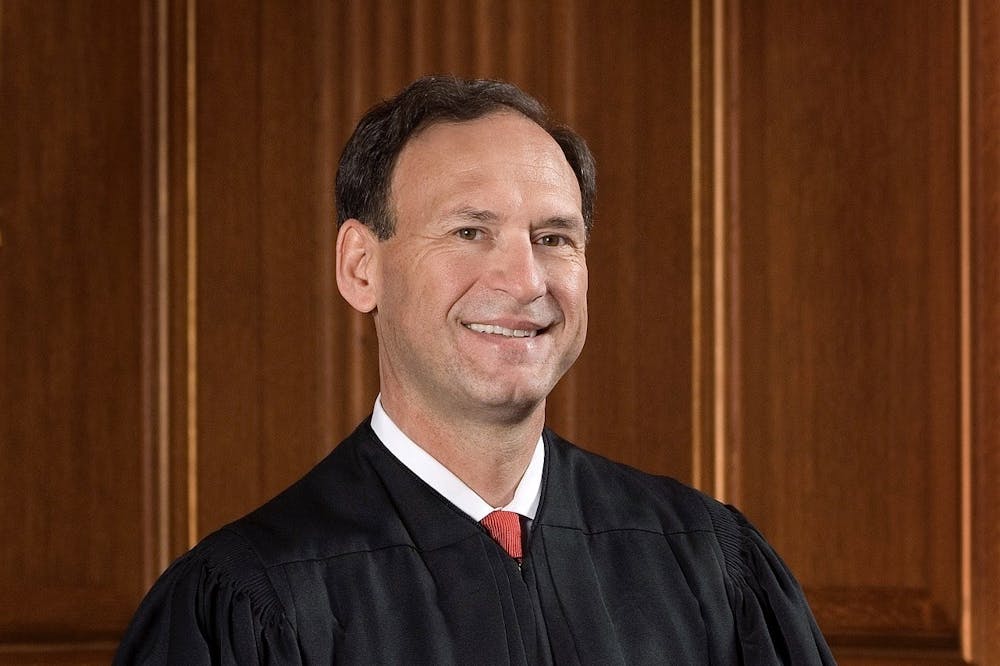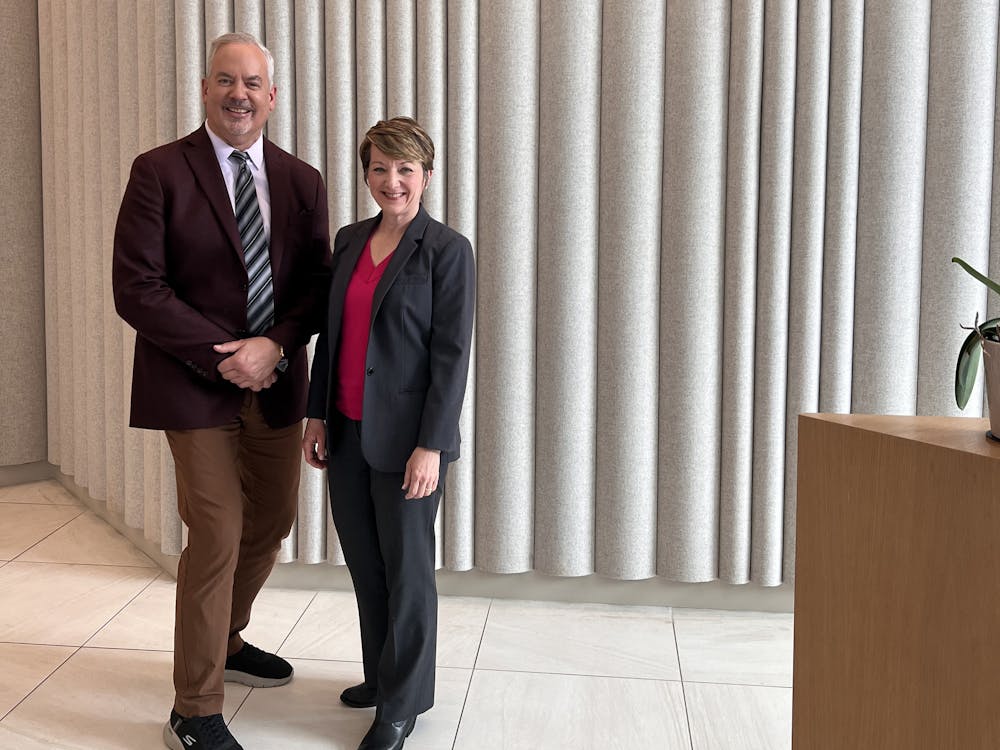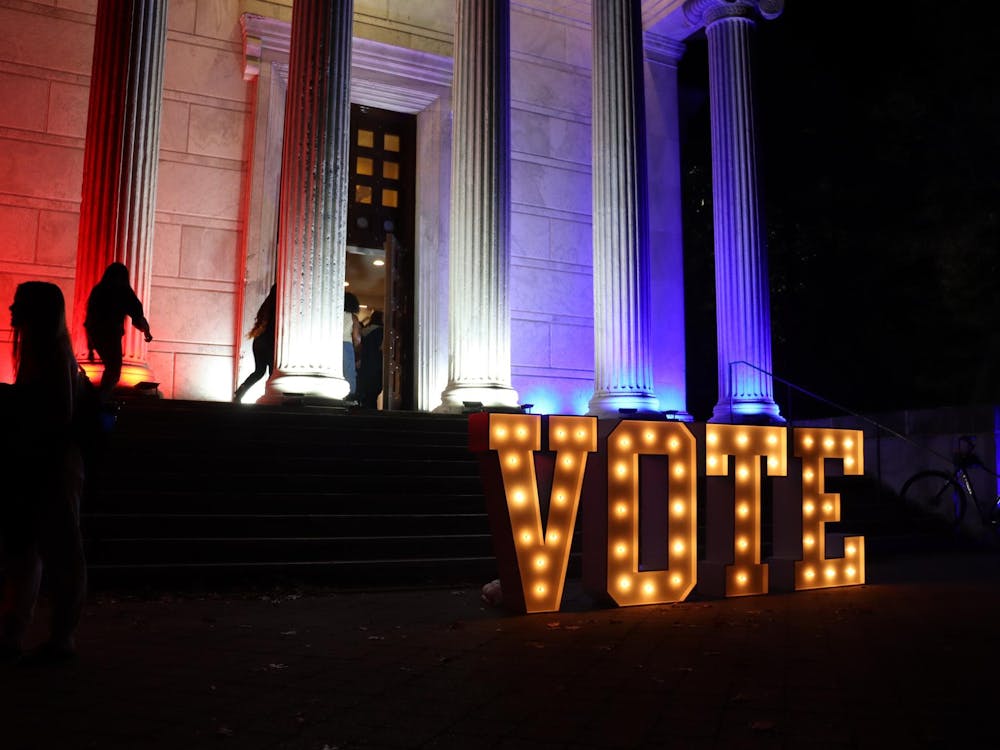Samuel Alito, who has sat on the Supreme Court since 2006, is one of the Court’s most conservative Justices. With Justice Amy Coney Barrett’s recent confirmation, Alito figures prominently on the Court’s conservative majority.
Last week, Alito conceded, “there is simply not enough time” for the Court to curtail the post-Nov. 3 deadline Pennsylvania set for mail-in ballots to be received. He maintained, however, that there was a “strong likelihood” a lower court ruling, which upheld the deadline, had violated the Constitution.
During Alito’s Senate confirmation hearings in 2005, a job application in which he wrote that he belonged to the Concerned Alumni of Princeton (CAP) surfaced. In the 1970s and ’80s, CAP opposed coeducation and affirmative action.
Alito claimed to have no recollection of the organization. At the time, some alumni speculated that invoking CAP might have been a networking move on Alito’s part. Regardless of his motivations, the ACLU formally opposed Alito’s nomination — a step it has only taken three other times.
Alito joined ROTC at Princeton, possibly to avoid service in Vietnam. He graduated with an A.B. in Public Policy from the School of Public and International Affairs. Alito wanted to be a Supreme Court Justice at least since 1972, when he expressed intent “to warm a seat on the Supreme Court” in the Nassau Herald.








